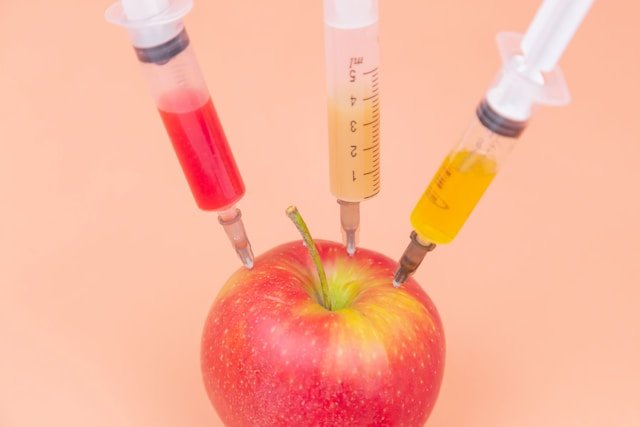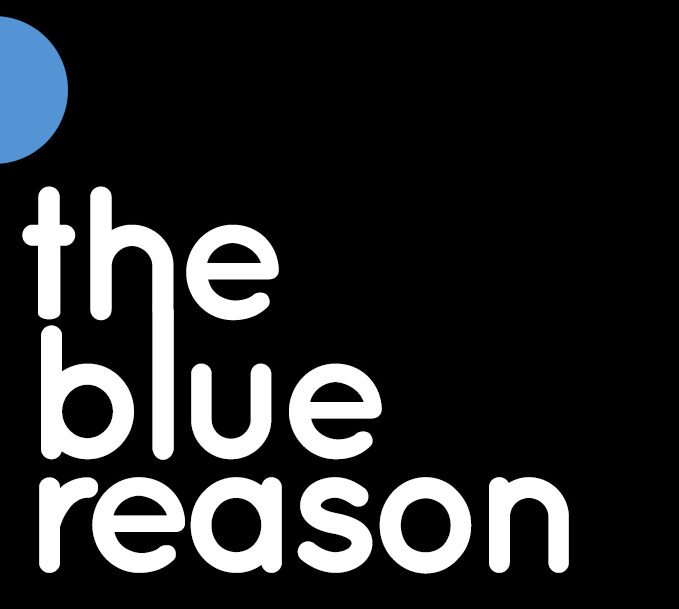
Eating pesticides is not good for us.
This page contains affiliate links. If you make a purchase using one of these links, we may earn a small commission at no cost to you. We greatly appreciate your support!
A recent study by French scientists tracked the diets of 69,000 people. In 4 years they found that those who incorporated more organic foods in their diet were 25% less likely to develop cancer. (pubmed.ncbi.nlm.nih.gov/30422212) Organic produce contains less herbicides/ pesticides, which are potentially cancer-causing chemicals, than conventionally grown produce. The fact is that pesticides are present in the blood and urine of the majority of U.S. Americans. And most of that is attributed to the food we eat. (jamanetwork.com/journals/jamainternalmedicine/article-abstract/2707943)
Apples conventionally grown in the U.S. for example, usually contain 4 pesticides: some are sprayed on while the apples are growing. Once picked they are steeped in diphenylamine to keep the skin from getting brown spots. Diphenylamine on fruit can promote the growth of nitrosamines. “Nitrosamines cause cancer in laboratory animals, and some studies have found that people who eat foods with nitrosamines have elevated rates of stomach and esophageal cancers. Since Americans eat on average more than 10 pounds of raw apples every year apiece, even low levels of nitrosamines on apples could pose a risk to human health.” (https://www.northcoast.organic/apples-are-number-5-in-ewgs-2021-dirty-dozen-guide/)
And that is just our apples. Each conventionally grown piece of produce comes with its own set of dangers!
Its true that buying organic costs more. But if a $3 apple today can help reduce the chances of tens of thousands in cancer treatments in the future, that seems like a no-brainer. One worth the compromises.
What if you can’t always afford organic produce?
Maybe you don’t get to buy apples every week. Maybe you monitor and wait for sales. Maybe you get creative with a mix of frozen and fresh produce options. Maybe you go in with friends on a bulk organic produce run.
A few suggestions:
1. Check out Aldi and Sprouts or other discount grocers near you for less expensive organic produce options.
2. Go to Costco or other bulk stores and take advantage of their organic options – take a friend and split up the haul (and the cost!)
3. Amazon delivers fresh organic produce to your door same day $4.95 delivery for $100 order. Try these:
-Honeycrisp Apples https://amzn.to/3JfcvDU -Green beans 12 oz. https://amzn.to/3JfcvDU
-Strawberries 1 Lb. https://amzn.to/4d9m5pR -Red Raspberries 6 oz. https://amzn.to/3VT96SV
-Blackberries 6 oz. https://amzn.to/3W1lz6X -Grape tomatoes 10 oz. https://amzn.to/3vSMrLQ
-Blueberries 12 oz https://amzn.to/3TYsOtL -Cucumbers https://amzn.to/43XPCyo
-Broccoli 10 oz https://amzn.to/3xwLg53 -Bartlett Pears https://amzn.to/4ayQADR
4. Remove as many of the pesticides as you can by washing all your fruits and veggies – organic and conventional
Here’s an easy wash process and recipe: Fill your kitchen sink or a large container halfway with filtered water (definitely filtered – not chlorinated, fluoridated tap water). Then, mix in ½ cup Vinegar (normal white vinegar is good), ½ cup Aluminum-free Baking Soda. Mix around in the water until the bicarb is dissolved. Now, add your fruit and veg, swish them around for a few seconds and let them sit for 10 minutes. Remove from the water bath, rinse with clean filtered water to remove the bicarb sediment and let dry on a towel or drying rack.)
5. Try your hand at growing some organic produce. If you do not have much space, herbs, chives, radishes and other small edible plants can be grown in pots on a sunny porch or patio.
6. Buy organic produce in season to get the best price.

Thank you. Excellent advice and easy to follow. I wish I had been eating organic fruits and vegetables all my life.